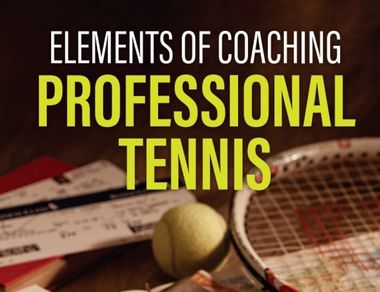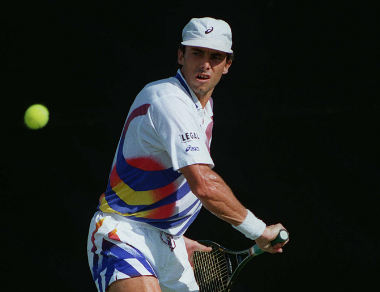The obvious answer is it helps if you are a great singles player with an attacking game and quick reflexes at the net. John McEnroe and Stefan Edberg are pretty good examples. They are part of an elite club that achieved both a no. 1 singles and no. 1 doubles rankings.
A comprehensive study of doubles history reveals that there are three common denominators which separates the best from the rest. Superior all-court tennis skills, effective poaching, and partner boosting.
The first, tennis skills, is a combination of talent, game style and deliberate training. And then there is clear evidence that playing singles sharpens both the physical and mental tools required to execute under pressure in doubles. Consider the following players; Anders Jarryd, John Fitzgerald, Peter Fleming, Mark Woodforde, Todd Woodbridge, Jonas Bjorkman, Paul Haarhuis, Jacco Eltingh, and Max Mirnyi. All of whom were highly ranked in singles but excelled in doubles winning at least six Grand Slam men’s doubles titles and earning a no. 1 world ranking in doubles. Additionally, each man possessed an offensive minded get-to-the-net game style.
John Fitzgerald is a good example. By all accounts, he had a great tennis career. He won 6 ATP Tour singles titles, seven Grand Slam men’s doubles titles including a career grand slam, and two mixed doubles grand slams.
“My dream was always to win the singles trophy at Wimbledon,’ John Fitzgerald admits. “But the second half of my career I realized that I probably was not going to do that, so I put a lot of focus on winning the Wimbledon doubles. Which I am very happy to have done.”
Jonas Bjorkman achieved a career high ATP Tour no. 4 in singles while reaching the semifinals at Wimbledon and US Open in singles. He also spent a combined 74 weeks as the No. 1 ranked doubles player and won 9 Grand Slam men’s doubles titles.
“I think all the strength I had in singles really helped my doubles,” says Bjorkman. “My return, volleys and quick reflexes. Those were some of the key points for being a good doubles player.”
Ray Ruffels coached both Todd Woodbridge and Mark Woodforde. The “Woodies” combined to win 11 Grand Slam titles and the 1996 Olympic gold medal.
“Enough credit isn’t given to how good at singles they both were,” says Ruffels. “They both made the top twenty in the singles rankings and both made the semis of majors.”
“Maybe, I tasted a bit more success of doubles which was a massive boost for my singles,” says Mark Woodforde winner of twelve Grand Slam men’s doubles titles. “Because what I did not achieve in singles, I was able to achieve in doubles. The success on the singles court helped the success on the double court, and vice versa.”



